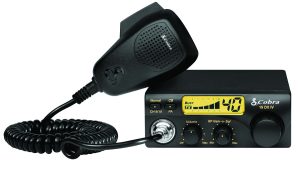
National CB Radio Day: 10-4 Good Buddy!
GOT YOUR EARS ON? CB RADIOS AND ACCESSORIES ARE NOW ON SALE! The citizen band (CB) radio was invented in 1945, but really gained popularity
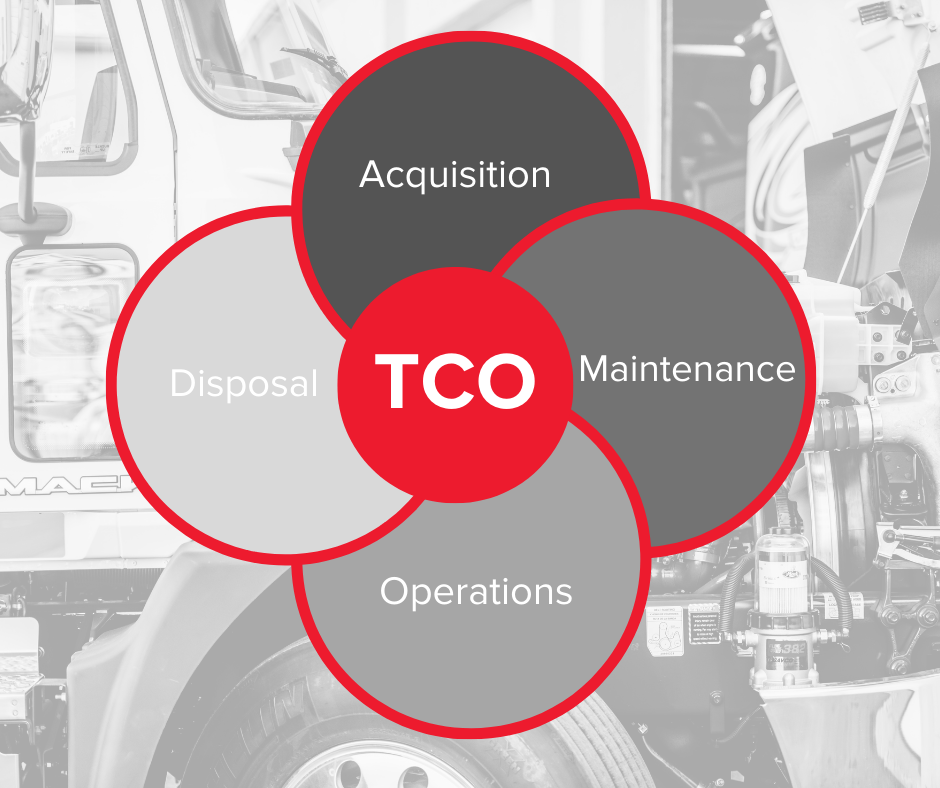
TCO is a critical data point for today’s fleets, but many fleet managers struggle to accurately calculate their TCO due to limited data and constantly changing variables. But, with a little planning and some guidance, you can leverage this powerful data point to determine fleet efficiency, analyze acquisition methods and identify opportunities for improvement.
To properly calculate your fleet’s total cost of ownership, you need to consider all aspects of ownership – Acquisition, Maintenance, Operations and Disposal. Each area has their own unique costs associated with them.
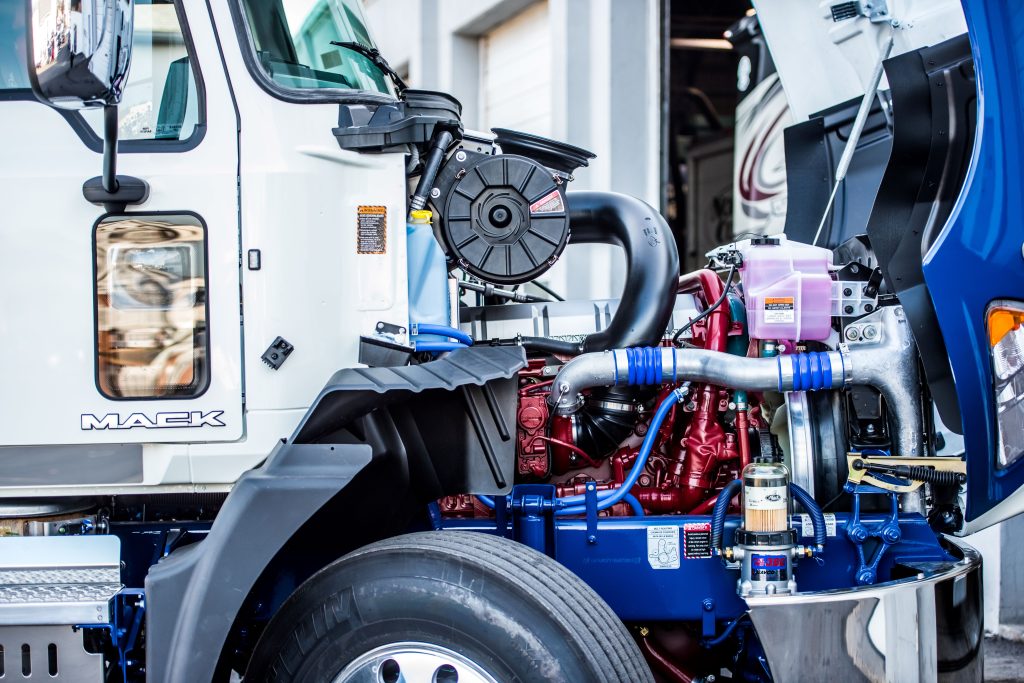
There is no one size fits all when it comes to fleet management, which is why additional knowledge is powerful to help your team make smart decisions.
Contact us if you would like assistance determining your Total Cost of Ownership (TCO) as a complimentary consultation service. As a commercial truck dealer, we sell commercial trucks, as well as lease (our commercial truck fleet has 800+ units), so we are well versed in TCO analysis and we work with our customers to help them determine the right option for their needs.
Want to learn more about leasing from Bergey’s Truck Centers? Check out our Full-Service Leasing page.

GOT YOUR EARS ON? CB RADIOS AND ACCESSORIES ARE NOW ON SALE! The citizen band (CB) radio was invented in 1945, but really gained popularity
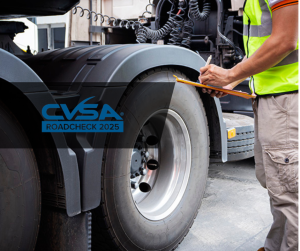
Is your fleet ready for the Commercial Vehicle Safety Alliance International Roadcheck this May? Local law enforcement will be inspecting commercial trucks during the 2025
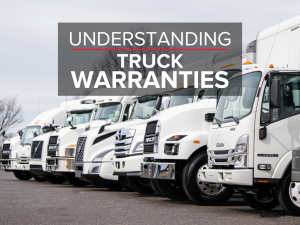
Commercial Truck Warranties can be a challenge If you bought your commercial truck brand new from an OEM dealer, it came with a warranty –

Managing the 2027 EPA Diesel Emissions Regulations and Expected Pre-buy Running diesel trucks in your fleet means you should be aware of the coming 2027